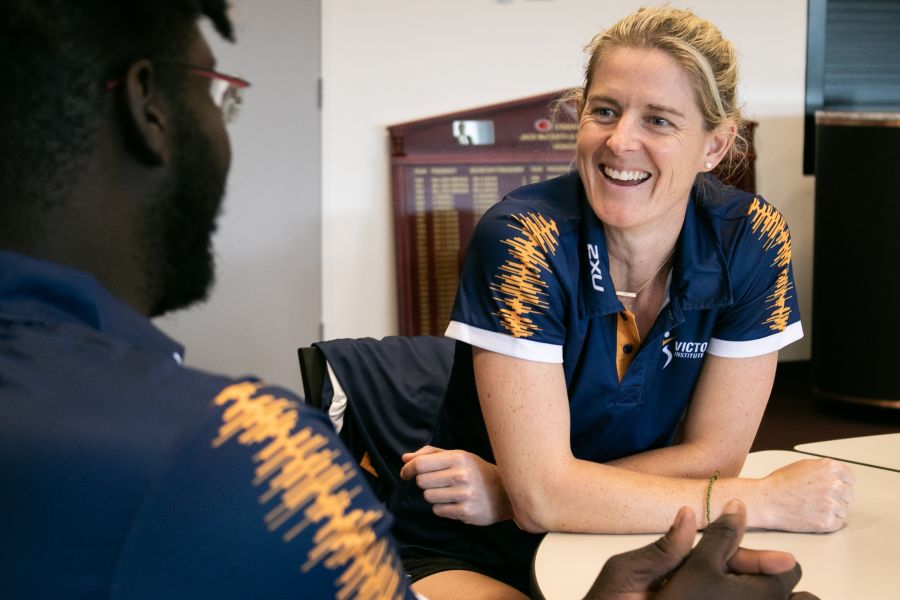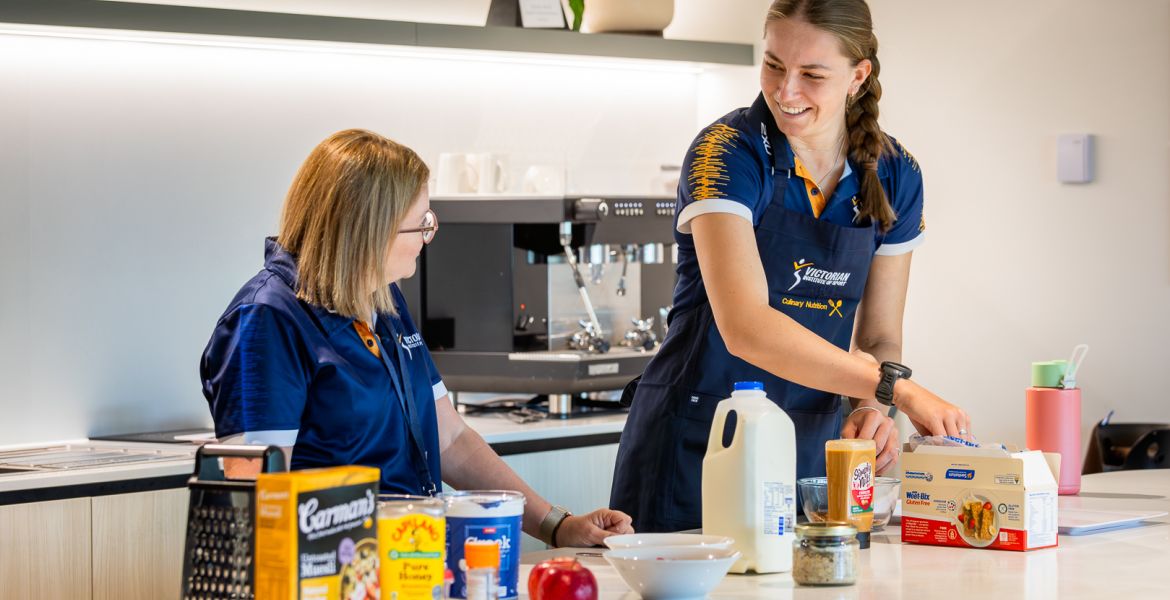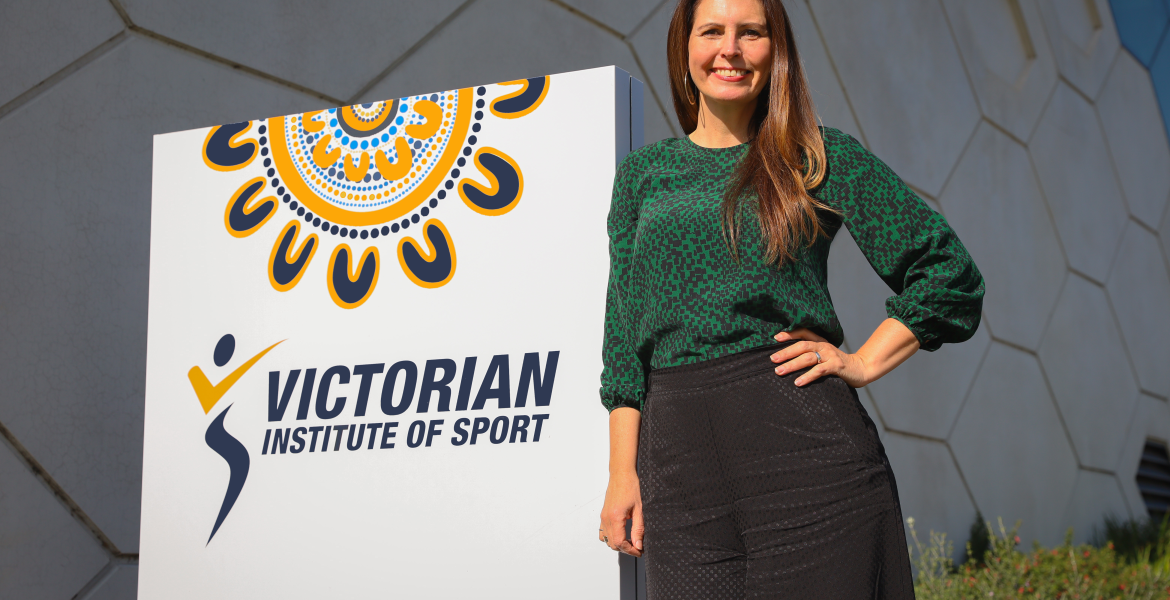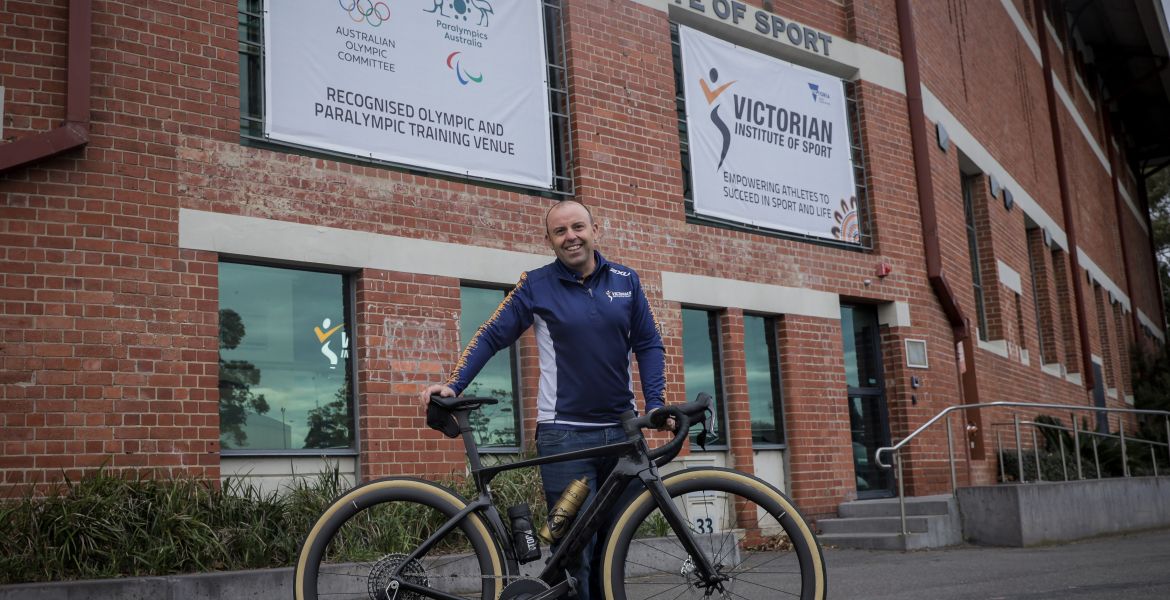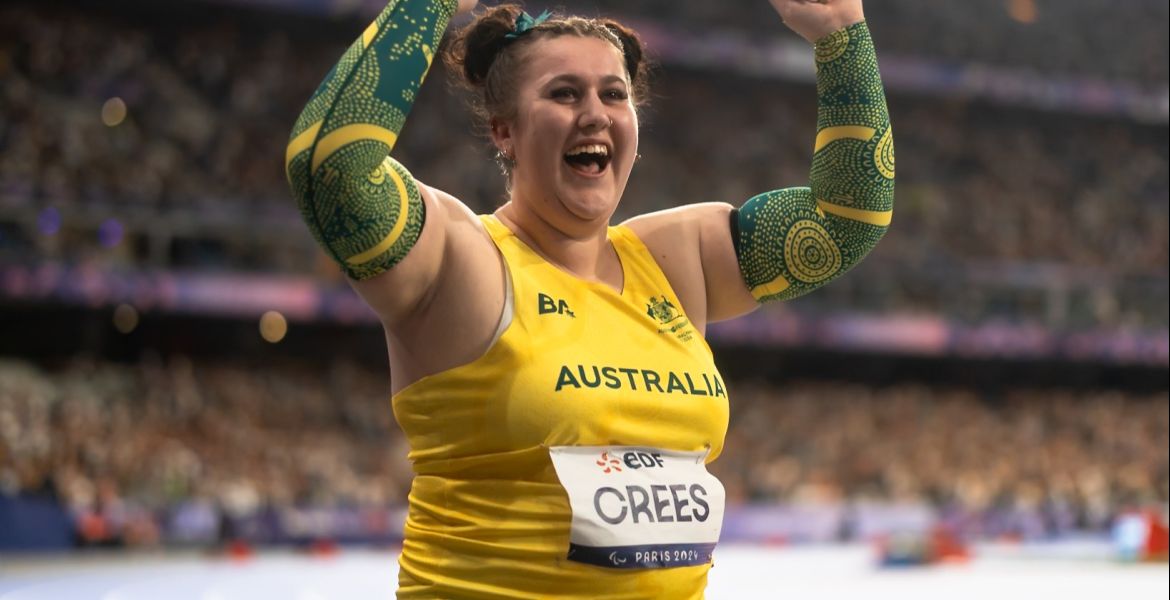There is a reason why 96 per cent of Victorian Institute of Sport athletes are preparing for the silent season of retirement while fiercely striving for sporting immortality.
Actually, there are two reasons.
The first is obvious. No-one, not even the remarkable Kelly Slater can defy age and physical decline. The 52 year-old, eleven-times world surfing champion, lost his place on the professional tour after an early exit last month at the Margaret River Pro in Western Australia.
Sadly, talent and its physical expression are finite.
The second is related to performance. There is now a considerable body of research which says that the ability of an athlete to perform at their best improves when a harmony between sport and life has been reached.
Separate interests, passions and joys which can remove an athlete from the anxiety and very personal intensity of pursuing greatness will often improve the chances of success. Or, at least, improve the ability of an athlete to reach their potential.
The strongest possible encouragement to study, develop a career beyond sport or find and pursue a passion is offered to VIS scholarship holders. ‘Success in Sport and Life’ is the VIS’ raison d'être.
The eight members of the VIS Performance Lifestyle team, led by Leesa Gallard, are responsible for bringing this ambition to life for each new intake of athletes. To do so they have established an extensive network of secondary school, tertiary and professional contacts who are prepared to accommodate the often-complicated schedules and tricky realities of life as a high-performance athlete.
Jack Duke, the Elite Athlete Coordinator at Deakin University, is one of those.
“Lots of things can happen, quickly, when you are an athlete,” Duke says.
“Injuries, late selection scenarios, travelling at short notice, having to relocate interstate or overseas for a time…..the need for flexibility and for us to be nimble and available to the athletes through their PLAs (Performance Lifestyle Advisors) or PDMs (Personal Development Managers) is important,” he adds.
Deakin has approximately 250 students on its campuses who are classified as elite athletes. To be classified an athlete must be attached to a state-based Institute of Sport, a national sports program or a professional sports organisation.
Deakin has been a signatory to the Elite Athlete Education Network for two decades. The EAEN is a coalition of universities, TAFEs and other education providers who offer support to elite athletes for the duration of their studies.
At Deakin this can take the form of course advice, tailoring an academic workload to the sport schedule of an athlete, support with flexibility around assessments, exams, classes and work placements. Even financial support is possible as is a cloud campus for athletes who must travel.
As with the VIS, the underlying philosophy of the EAEN is two-fold.
“It is important to be setting yourself up for life beyond your sporting career. A lot of professional sports careers are relatively short. Some of them two or three years long. And it is an exceptional athlete who can make one Olympic or Paralympic Games team, let alone two or more,” Duke says.
“And with that, we know that if an athlete has balance in their life – nourishment through things outside of their sport – it helps them compete.”
Pippa Temperley, one of Gallard’s team of VIS PLAs, was previously an Elite Athlete Coordinator at La Trobe University. With PL responsibility at the VIS for the archery, combat, table tennis and para table tennis programs, Temperley is often working with the EAEN given the considerable travel those Europe and Asian-centric programs demand.
Some in the taekwondo program, for example, have competed in a dozen countries over the last 12 months and spent months on the road while trying to continue with their studies.
The fact that 96 per cent of the approximately 450 athletes at the VIS are pursuing dual careers is a source of pride to Temperley, who says that the collaboration between the VIS and the likes of Duke at Deakin are critical.
“To realise your potential as an athlete doesn’t mean sacrificing your studies or compromising what the rest of your life may look like,” Temperley says.
“You can be a better athlete and a better equipped person for doing both.”

